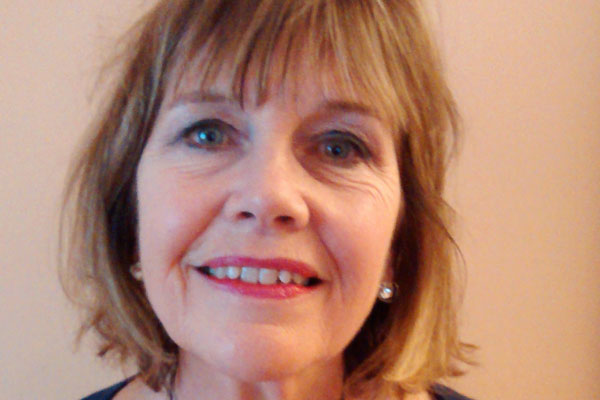It's unknown how many men have seen their suffering increase from domestic abuse behind closed doors during lockdown. Whether the abuse is perpetrated by female or male partners, it's hugely important to know that male victims often don’t recognise they can be victims.
So, when a client arrives in the therapy room they may not know what to call their situation and it's important as therapists we're ready to listen out for what might be said.
Subtle requests like, can I show you a text message from my girlfriend or boyfriend or a passing statement like, it’s daft but sometimes she or he throws things at me. There can also be the familiar, I don’t know if I'm coming or going, that can alert us to be curious about what might be hidden behind these statements.
Post COVID-19, there'll be men who are finally getting out of the house and may reach out because of the strain they're under. Mankind (the charity for male victims of domestic abuse) produce leaflets that are worth having in the therapy room. Sobering reading of this leaflet includes the conservative figures that one in six men will be a victim of domestic abuse, 500,000 men a year are victims and one man a fortnight is killed by a current or ex-partner.
I was woefully unaware of male victims of domestic abuse until the first client who presented me with his situation and it took several sessions for either of us to realise the truth of his situation. It challenged my unknown bias and assumptions when it came to masculinity, in particular with heterosexual men.
My biases are quite common, I began to discover, as I learnt more about counselling this client group. As lockdown lifts, the mental health of men in this situation will be fragile and I hope they're able to find help within our profession.
Read more...

Men seeking therapy
Andy Garland talks about the importance of conversations about men's health. Men's Health Week 2021

It's healthy to talk
Ann Hogan explores themes about men's self esteem and their sense of purpose. Men's Health Week 2021

Blogs and vlogs 2021
News, views and updates from our staff, members and counselling clients
Views expressed in this article are the views of the writer and not necessarily the views of BACP. Publication does not imply endorsement of the writer’s views. Reasonable care has been taken to avoid errors but no liability will be accepted for any errors that may occur.
